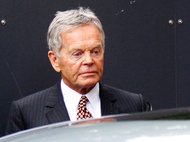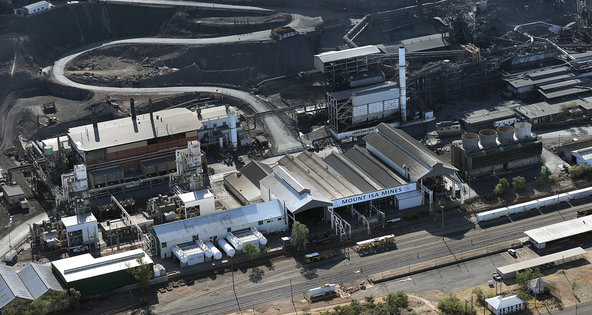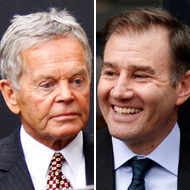 Michael Buholzer/ReutersSimon Murray, Glencore’s chairman.
Michael Buholzer/ReutersSimon Murray, Glencore’s chairman.
British regulators have granted Xstrata extra time to respond to Glencore’s merger offer, as the mining giant weighs the sweetened bid.
Xstrata’s board will now have until Oct. 1 to make a decision, according to a regulatory disclosure on Friday. The previous deadline was Monday.
The two companies have faced a difficult path to a deal.
Related Links
Earlier this year, Glencore, which owns 34 percent of Xstrata, offered to buy the remaining stake. As part of the deal, Glencore agreed to exchange 2.8 of its shares for each Xstrata shares.
But Qatar Holding, the sovereign wealth fund of the Persian Gulf nation, as well as other major investors, balked at the price. The investors threatened to block the deal unless Glencore raised its bid.
While Glencore was initially resistant to adjusting the terms, the commodities trading company increased the price just hours before shareholders were set to vote. Glencore is now offering 3.05 of its shares for each Xstrata share.
Although Xstrata agreed to the previous deal, the board has been more reticent this time. After the new proposal was annouced, Xstrata indicated the price might be too low. It also raised concerns about the revised management structure, which gave Glencore executives more power.
Xstrata shares were down 3 percent in late London trading. Glencore was off 1.5 percent.
Article source: http://dealbook.nytimes.com/2012/09/21/regulators-extend-deadline-for-xstratas-answer-to-glencore/?partner=rss&emc=rss




